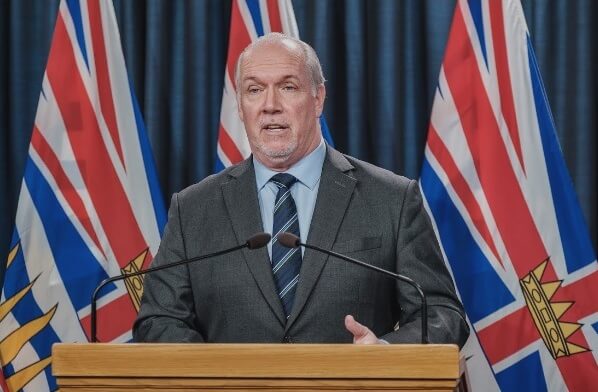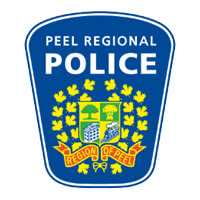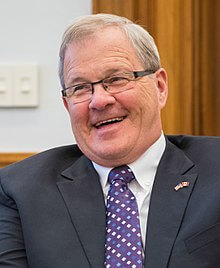State of emergency extended to continue B.C.’s COVID-19 response
The Voice of Canada News:
The Province of British Columbia has formally extended the provincial state of emergency, allowing health and emergency management officials to continue to use extraordinary powers under the Emergency Program Act (EPA) to support the Province’s COVID-19 pandemic response.
The state of emergency is extended through the end of the day on Jan. 5, 2021, to allow staff to take the necessary actions to keep British Columbians safe and manage immediate concerns and COVID-19 outbreaks.
“I want to thank everyone in British Columbia for doing their part to keep themselves and their loved ones safe during this extraordinarily trying year,” said Premier John Horgan. “With more British Columbians receiving vaccines, we can see the light at the end of the tunnel. But immunization won’t happen overnight. Through the holiday season and into the new year, we need to continue following public health orders and take the daily actions we know will protect those around us.”
The extension of the provincial state of emergency is based on recommendations from B.C.’s health and emergency management officials. The original declaration was made on March 18, 2020, the day after Dr. Bonnie Henry, provincial health officer (PHO), declared a public health emergency.
On Dec. 16, 2020, the Province announced enhanced enforcement measures to keep British Columbians safe and mitigate the impacts of COVID-19. This includes asking provincial enforcement officers to actively support police and increase COVID-19 enforcement by issuing violation tickets as appropriate during their normal course of duties or when in public places. Mike Farnworth, Minister of Public Safety and Solicitor General, has also strengthened fine collection measures. Harry Bains, Minister of Labour, has asked WorkSafeBC to enhance in-person inspections in targeted areas. The Province continues to urge all British Columbians to follow the orders and guidance of public health officials.
“Police have done excellent work this year enforcing the public health orders designed to protect public safety,” Farnworth said. “I want to thank them and the vast majority of people in B.C. who are observing the rules and masking up. Last week’s announcement ensures we’re using all the available tools to target those few people who risk our collective safety by flouting the law. While it is important to celebrate the season, that will look different this year. I want to be crystal clear that if people break the rules, they will be held accountable.”
The Province continues to use, with the support of police and other enforcement officials, measures under the Emergency Program Act to limit the spread of COVID-19, including issuing tickets for owners or organizers contravening the PHO’s orders.
On July 10, the COVID-19 Related Measures Act came into force, enabling provisions created for citizens and businesses in response to the COVID-19 pandemic to continue as needed should the provincial state of emergency end.
Quick Facts:
- Between Aug. 21 and Dec. 18, 2020, 387 violation tickets were issued, including 69 $2,300 tickets to owners or organizers contravening the PHO’s order on gatherings and events, 21 $2,300 violation tickets for contravention of the PHO Food and Liquor Serving Premises Order and 297 $230 tickets issued to individuals who refused to comply with direction from law enforcement. The Ministry of Public Safety and Solicitor General is continually working to align Emergency Program Act enforcement orders with those of the restrictions enacted by the PHO.
- Additionally, since the pandemic began, police agencies in British Columbia have issued 75 violation tickets to individuals who were in contravention of the federal Quarantine Act, totalling $81,966. The purpose of the Quarantine Act is to protect public health by taking comprehensive measures to prevent the introduction and spread of communicable diseases.
- Declarations of provincial states of emergency may be issued by the minister responsible under the Emergency Program Act.
- The provincial government can extend the period of a declaration made by the minister responsible for further periods of up to 14 days at a time.






